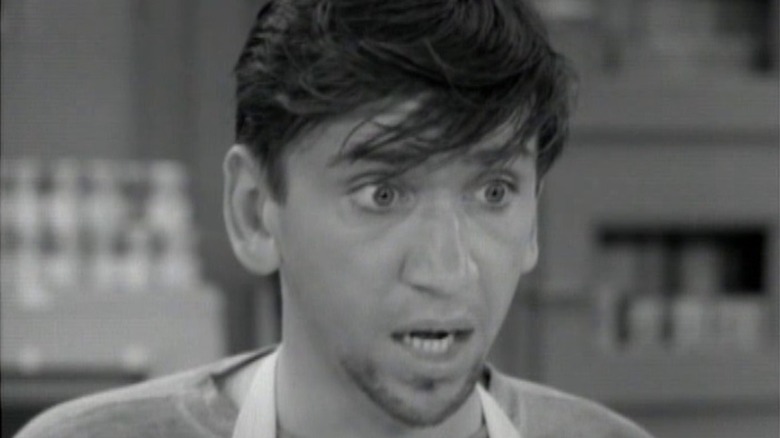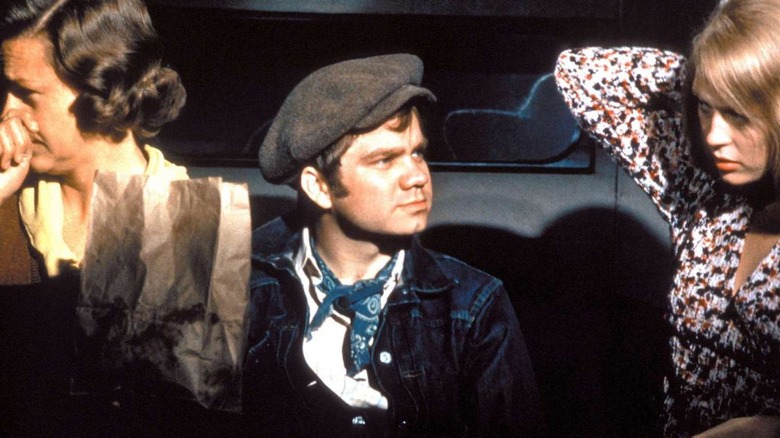Here’s a lightly intriguing bit of Hollywood history that involves “The Many Loves of Dobie Gillis,” “Gilligan’s Island” and Arthur Penn’s New Hollywood masterpiece “Bonnie and Clyde.”
Like most showbiz lore, it begins with Bob Denver’s physical condition. If you’re reading this, there is a very good chance that you’ve never seen an episode of “The Many Loves of Dobie Gillis,” let alone heard of it. Created by humorist Max Shulman, whose other major claim to fame is having written “The Tender Trap” (which bombed on Broadway as a star vehicle for Robert Preston, but turned a tidy profit as a film toplined by Frank Sinatra and Debbie Reynolds), the sitcom aired for four seasons on CBS and quickly became a showcase for Denver, whose Maynard G. Krebs brought beatnik culture into America’s living rooms.
Krebs was a hepcat with an affinity for jazz and a hatred of work. He spoke via a too-cool-for-school patois, and, being too young to know much of what he was talking about, often made an ass of himself in doing so.
But Denver nailed the role, and the series gradually leaned in his direction –- which became a near disaster when the U.A. Army called his draft number in 1959. Denver’s career looked like it might be over just as it was starting. After all, if the army could get Elvis, they could easily help themselves to Maynard.
Avoid military service in one easy step: break your neck!
Denver recalled the incident in a 1978 interview with The Akron Beacon Journal, and revealed that the situation was truly dire. CBS had a hit show, and they weren’t going to cancel it on Denver’s account. As Denver told the ABJ:
“Everybody thought, ‘Well, that’s it,’ They even hired [Michael J.] Pollard to play Maynard’s cousin and eventually move into Maynard’s place, complete with a contract for 25 shows.'”
Denver was close to shipping out when, during a routine physical, doctors learned that he’d broken his neck years ago during a childhood mishap. The Army promptly stamped Denver 4-F, meaning he was unfit to serve and quite fit to resume playing Maynard G. Krebs (which required the abrupt writing out of Pollard’s Jerome Krebs).
The big “what if” here revolves around Pollard, who wound up giving a hauntingly sad performance as C.W. Moss, the mentally-impaired gas station attendant who betrays Warren Beatty’s Clyde Barrow and Faye Dunaway’s Bonnie Parker at the end of Penn’s classic. Surely, someone else could’ve played C.W., but no one could’ve done it like Pollard. The sui generis performance made him a reliable character actor for decades, while Denver’s career was essentially over by the end of the 1970s. (This is what Denver gets for singing Beatty’s praises in his memoir.)









